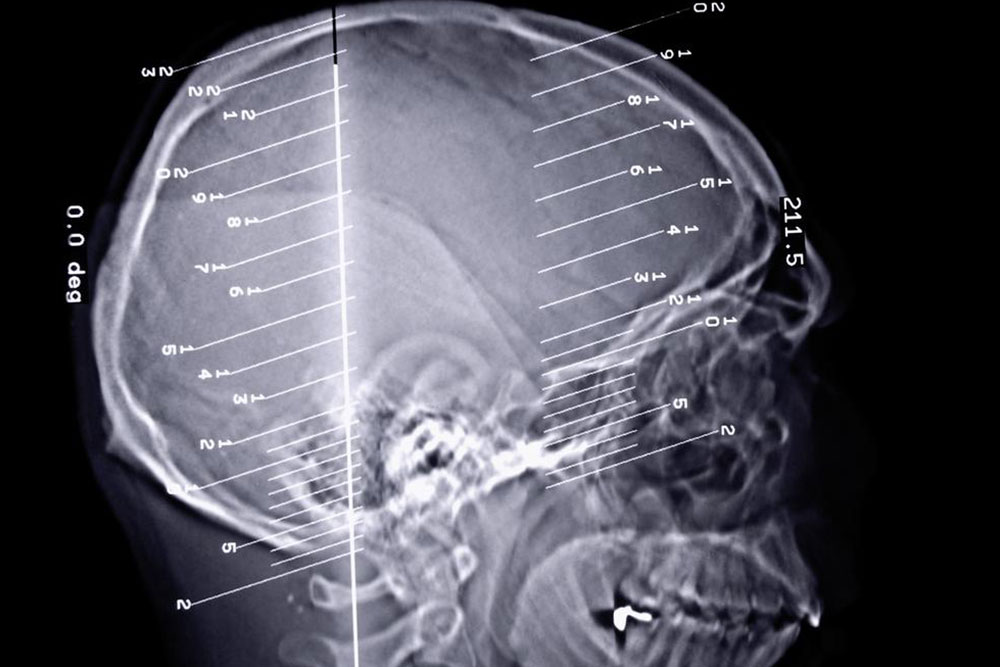Health Risks Associated with Excessive Blood Pressure Reduction
This article discusses the potential health risks of overly lowering high blood pressure, emphasizing the importance of maintaining balanced blood pressure levels. It covers symptoms of hypotension, related health conditions like angina and aortic stenosis, and highlights the need for cautious management to prevent severe complications. Proper medical guidance is essential for safe blood pressure control to avoid life-threatening risks while effectively managing hypertension.

Health Risks Associated with Excessive Blood Pressure Reduction
Just as high blood pressure poses health concerns, lowering it too much can lead to issues like dizziness, fainting, and fatigue. Reducing blood pressure often involves dietary restrictions, such as limiting fats and carbs, which can sometimes cause the pressure to drop below safe levels. Symptoms of low blood pressure include blurred vision, cold skin, rapid heartbeat, and shallow breathing. Immediate medical attention is essential if these signs manifest. Proper management ensures blood pressure is maintained at healthy levels without risking hypotension.
Dizziness
Fainting
Weakness
Nausea
Visual disturbances
Hypotension, or low blood pressure, includes both systolic and diastolic types. Medications intended to treat hypertension can sometimes cause an overly low pressure, leading to various health issues.
Conditions linked to low blood pressure include:
Angina: Chest pain resulting from inadequate blood flow to the heart, characterized by burning, tightness, or squeezing sensations. Other symptoms may include nausea, fatigue, sweating, and shortness of breath.
Aortic stenosis: The narrowing of the aortic valve reduces blood flow into the heart, often caused or worsened by low blood pressure.
Dehydration is another risk factor, especially after excessive heat exposure, which causes water loss and blood pressure decline. Adequate hydration is crucial to prevent this. Additionally, atrial fibrillation—an irregular and rapid heart rhythm—can occur. These conditions highlight the importance of balancing blood pressure management carefully to avoid severe health risks.
While lowering high blood pressure is vital, ensuring it does not drop too low is equally important to prevent complications and safeguard overall health.










